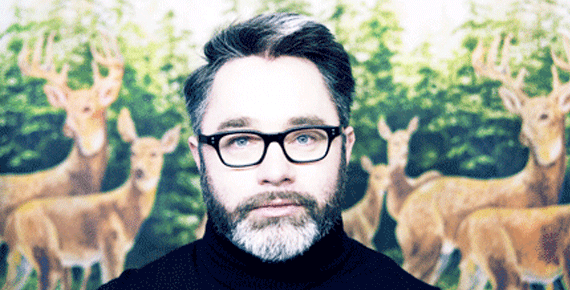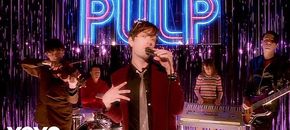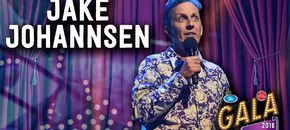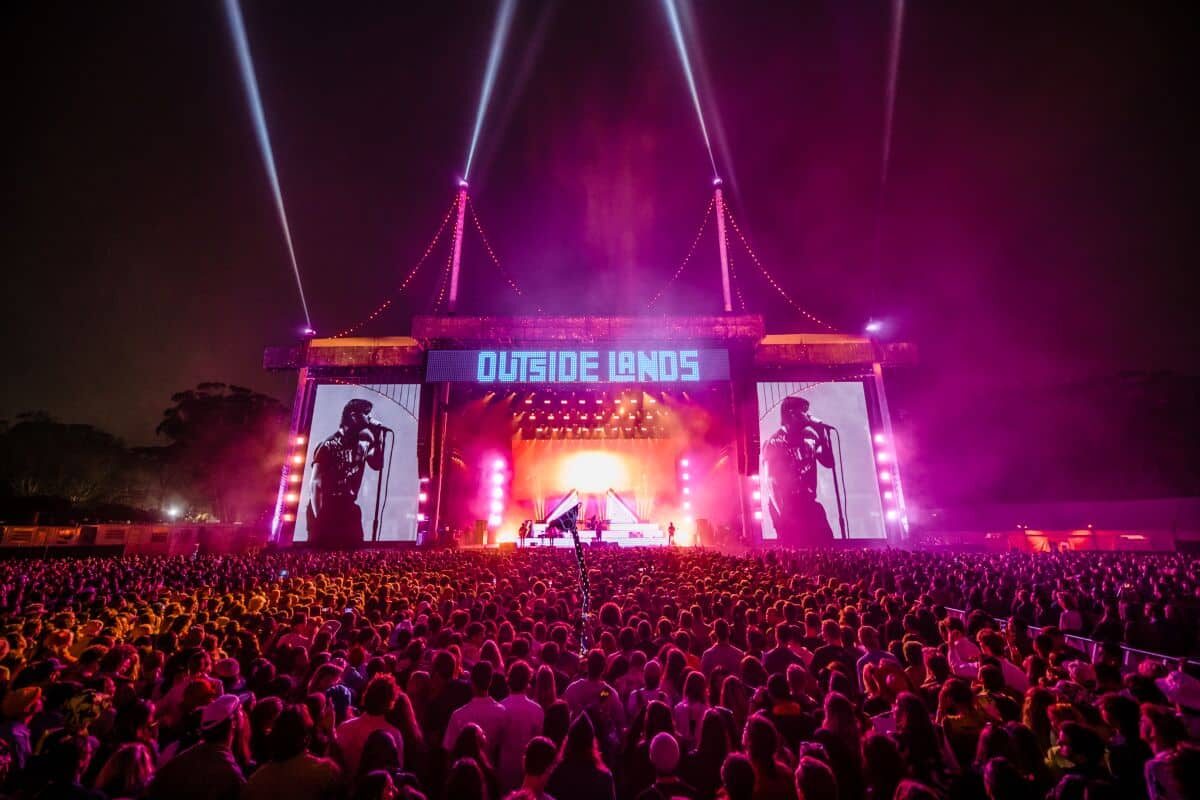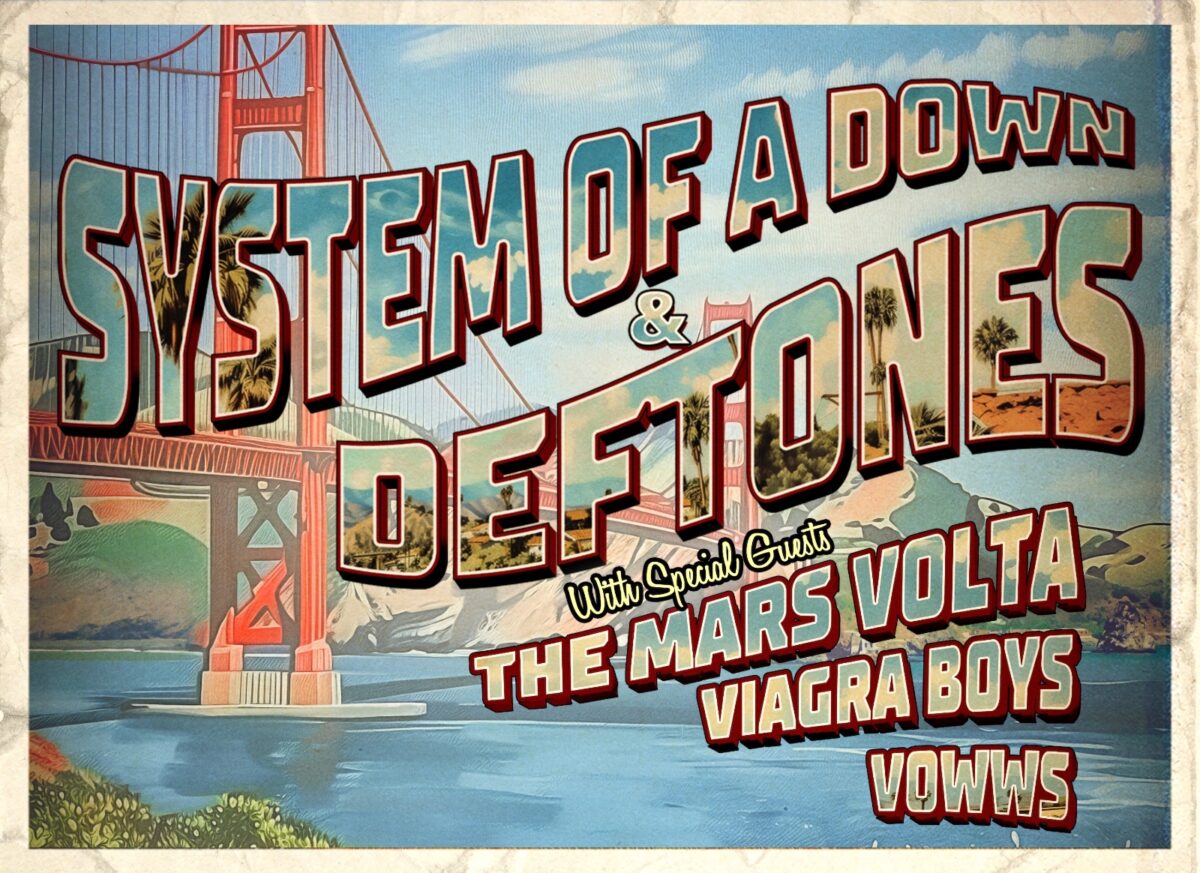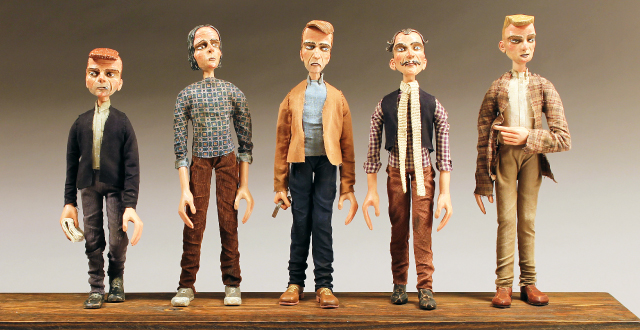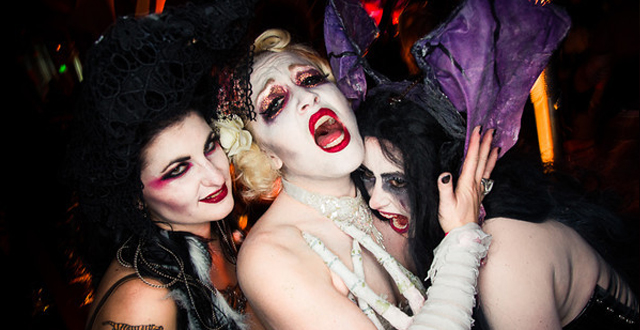DJ Q&A: Robag Wruhme
Gabor Schablitzki, aka Robag Wruhme, is a German house and techno producer/DJ who consistently impresses his listeners in the living room and on the dance floor. He performs in support of his recent release Thora Vukk (Pampa Records) with Maceo Plex and Adnan Sharif at Public Works this Friday.
Are there any artists who inspired your productions?
I was born in East Germany, so it wasn’t easy to get music. Have you heard of Harry Belafonte? He made Beat Street in the 80s. The government showed [this movie] to the young people, which was a mistake because everybody wanted to break dance — but it was forbidden. From time to time it was dangerous; I was in jail for a day for break dancing in Berlin.
As the Wighnomy brothers with Sören Bodner, your music was described as “raving with reason.” What does this mean?
A friend of ours wrote this. Sometimes Sören played a record I didn’t know and I just needed a few seconds and I knew what kind of track I was playing after that. We were battlers. We could listen to the music and share that with the audience. Normally, the DJ comes with a laptop or CDs and doesn’t smile, but we did; It was a journey because we didn’t know what the other was playing. We played a lot of styles: house, jazz house, techno. A lot of DJs play one style for hours.
Why did you leave the label Freude Am Tanzen?
I left the label three years ago because I worked too much. I produced all the music for the Wighnomy project. At this time, I worked a lot for the label. I made everything — I was working during the week so much and on the weekend I was on the road with Sören. Around 2006, I burned out. I realized that I lost myself. I told these guys I would produce music [for them] but I had to leave. Now I just produce music just for Robag Wruhme. Freude Am Tanzen got a new touch. It’s a new generation with Marek Hemmann and Mathias Kaden. What they play is not so much my music, but it’s good.
When did your friendship with DJ Koze (Pampa Records) begin?
My first contact with Stefan (Koze) was in Jena. He played an amazing set and I met him at some parties. Then he called me and said, “Hey Dicke” — “Dicke” means “fat” and I was a little confused, but in his ‘hood “Dicke” is someone close to you. He’s a really strong person and I am, too, but working with him is amazing. The reason I made this album on Pampa was because I showed him some tracks and he said, “Gabor, that’s for Pampa.” But it’s still a really new feeling for me to work with him.
How would you compare German rave culture to American rave culture?
I don’t have a bad party in America. Germany gets boring from time to time. They have parties every weekend and get tired of it. The best parties we had were here at Treasure Island, Detroit Music Festival, and then in NY where we played for 12 hours.
How does the sound of German electronic dance music compare to American electronic dance music?
American electronic music is so important for German electronic music because a lot of important producers like Carl Craig and Jeff Mills have so much influence on Germany. At first it was Kraftwerk and Stockhausen but that’s history. For a long time, Germany made electronic music, but it wasn’t so big. Everybody listens to records from Chicago and Detroit. Then came minimal hype; I don’t like to say it, but it was German music again.
How do you name your tracks?
They’re always fantasy names. I love to see when people say these names. I know that a lot of producers want to give names for their tracks that are personal like “I love you,” and if you put this in the computer then you have a lot of “I love you” tracks. But if you put “Bommsen Boff” then you just get “Bommsen boff.” The other thing is that I don’t like to put too much of myself in the tracks by name. For me it’s important to make it like a coloring book — especially “Tulpa Ovi,” with the piano and children. I prefer that the people come up with their own interpretations.
http://www.youtube.com/watch?v=okmSkYdETFE
You’ve received a lot of great reviews for Thora Vukk. Did you achieve everything you had hoped for this release?
No, It’s really quiet. I know it’s important to show the audience that I’m not just a producer for danceable tracks. It was not easy to do that because it was the second album as Robag Wruhme after seven years. It’s crazy how much good feedback I’ve received. I’m happy, but I can’t listen to that album at this moment. I have to wait maybe six months because I know every second of it. It’s nice to read about so many people loving the sound and the melodies, but I don’t feel this album at the moment.
What would you have changed?
I had so many problems with Ableton and Native Instruments because I bought a new computer, but I couldn’t install the software. That’s why I made it with a lot of field recordings. I made the whole album in my kitchen on my laptop with just the recordings. I had a really nice studio with a really nice analog mixer but I couldn’t work with it. It was good, I really love to sit in my kitchen. The fridge is there I can reach behind me and get sparkling wine. And I have a really nice view of a park called “Paradise.”
Robag Wruhme plays with Maceo Plex and Adnan Sharif at Public Works Friday at 9:30pm. Tickets are $10 – 12.
